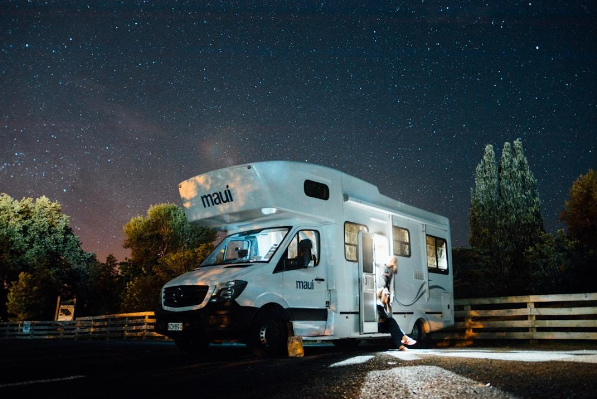Finding the right RV warranty can be as crucial as selecting the perfect recreational vehicle for your adventures. It’s not just about having protection—it’s about having the right kind of protection for your specific needs. A warranty can save you from unexpected costs and bring peace of mind, but navigating the vast options can be daunting. In this article, we’ll shed light on how to find the best warranty plan, so you can focus on the open road ahead.
Understanding the Different Types of RV Warranties Available

The journey to the perfect RV warranty begins with understanding the various types that are available. Manufacturer warranties are common and typically come with new RV purchases, covering a range of defects and issues for a limited time. However, these warranties may not cover everything, and they eventually expire, which is where extended RV warranties come into play.
Extended RV warranties, sometimes called service contracts, are purchased separately and kick in after the manufacturer’s warranty expires. They vary significantly in terms of what’s covered, ranging from basic powertrain protection to comprehensive plans that cover almost every potential failure. It’s vital to recognize that not all extended warranties are created equally, so scrutiny is key.
Another consideration is whether to choose an exclusionary or inclusionary warranty. Exclusionary covers items that are not specifically listed in the warranty, generally providing broader coverage. In contrast, inclusionary warranties list what is covered, usually resulting in more restrictions.
Additionally, some providers like America’s RV Warranty give customers options to customize coverage plans. This flexibility allows RV owners to balance their budgets with their expectation of coverage, tailoring a warranty to suit their specific needs. Understanding these options is the first step in selecting a good RV warranty.
Assessing Your RV Warranty Needs Based on Usage and Travel Plans
Consideration of how you use your RV is crucial in determining the warranty you need. For the weekend traveler who frequents local sites, a basic plan might suffice. Conversely, full-timers, or those who live in their RVs, may require more comprehensive coverage due to the increased wear and tear on their vehicles.
Furthermore, the destinations you plan to visit also play a role. Harsh environments, like extreme cold or heat, can have adverse effects on an RV’s systems. For adventurers taking on such terrains, enhanced protection that covers all vehicle systems could prevent costly repairs down the line.
Additionally, consider the age and condition of your RV. Newer models might still be partially covered by the manufacturer’s warranty, allowing you to opt for a less comprehensive extended plan.
Comparing Coverage Details and Exclusion Clauses in Warranties

In your search for the best warranty, paying close attention to coverage details is crucial. Policies can vary widely in what they explicitly cover or exclude, making a thorough review and comparison necessary. Focus on critical areas such as the engine, transmission, electrical systems, and appliances. Confirm whether coverage is partial or full, and understand the conditions that must be met for a successful claim.
Exclusion clauses in warranties serve as a list of situations or components not covered by the policy. Some exclusion clauses may include “wear and tear” items or damages due to environmental factors. These clauses can significantly affect the usability of the warranty, as they may relate to frequent issues encountered by RV owners. Scrutinizing these can prevent unpleasant surprises when it’s time to file a claim.
Investigating the Reputation of RV Warranty Providers and Their Customer Service
Reputation is a critical factor in choosing an RV warranty provider. A company with a history of standing by its clients and handling claims fairly and efficiently is invaluable. Look for reviews, testimonials, and industry ratings to gauge the trustworthiness and reliability of potential providers. Positive feedback from other RV owners can be particularly enlightening.
Customer service should also weigh heavily in your decision-making process. Dealing with repairs can be stressful, so having a provider with a supportive and responsive customer service team makes a difference. Explore the accessibility of their customer service—whether it’s 24/7 availability, multiple contact methods, or the ease of finding answers to questions.
Provider longevity and financial stability are also essential considerations. Companies that have been in business for a long time, with a solid financial foundation, are more likely to be dependable and continue operating long into the future. This stability ensures that your warranty remains valid for the duration of its term.
Overall, investing the time to research and compare warranties can save you from unnecessary stress and financial burdens down the road. A warranty tailored to your RV lifestyle and backed by a reputable provider will enhance your travel experiences and preserve the joy of your mobile adventures.



